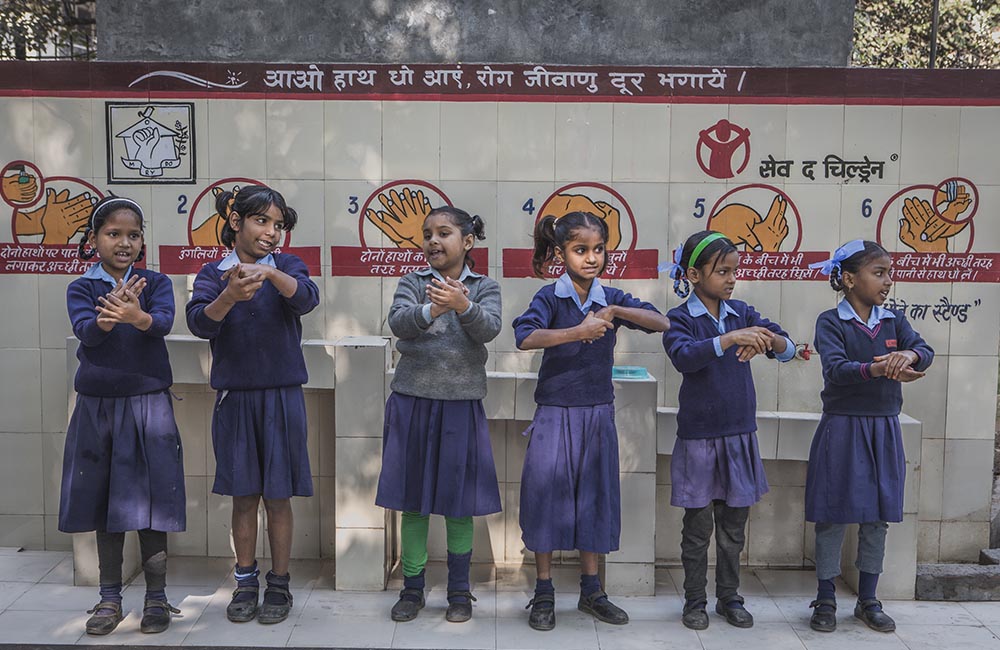The rapid spread of coronavirus (COVID-19) has underscored the importance of washing your hands
Although COVID-9 is a serious disease, the measures to help prevent it are simple. Effective hand washing and simple hygiene measures make all the difference in keeping people healthy and safe.
Do you know how to wash your hands?
Experts recommend washing your hands with soap and warm water for 20 seconds. That's longer than you might think -- roughly as long as it takes to sing "Happy Birthday" twice. Washing the right way, with plenty of rubbing between the fingers and thumbs will prevent the spread of infection – and is important, even when you’re not sick.
And while in Australia, we have the luxury of clean water and soap during this outbreak, other countries in the world aren’t as lucky. Year-round they are susceptible not just to Coronavirus, but a multitude of other diseases and infections.
The critical importance of hand hygiene
A single gram of human faeces, or poo, can contain one trillion germs. One trillion! It might contain Salmonella, E. coli, norovirus … nasty germs that cause diarrhoea. Or it might contain a parasite that leads to intestinal worms. One thing’s for sure, there are lots of nasty things lurking in poo – and whether you’re in Australia or overseas, not washing your hands is one sure way to spread disease.
In low-income countries, children under three usually experience three bouts of diarrhoea every year. Each time it happens, they miss out on school and can start to fall behind. And they miss out on vital nutrition needed to keep them healthy.
It’s no small matter. When children are already suffering from underlying malnutrition, diarrhoea can be deadly. Around the world, diarrhoea is the second leading cause of death for children under the age of five.
That’s why hygiene and handwashing are so important. All over the world Save the Children staff teach children how to wash their hands properly to help keep them safe from disease. Our CEO, Paul Ronalds got to see this first-hand in a school in Delhi, which is being supported by Save the Children.

Image: CJ Clarke/Save the Children
Schools are a good place to start because it gets kids washing their hands properly from an early age, and they can go home and share what they learned with the rest of their family. In Delhi, Save the Children is working with 40 schools to improve their water, sanitation and hygiene facilities and practices.